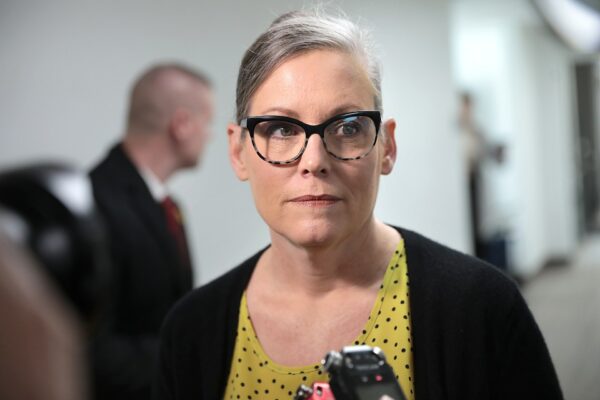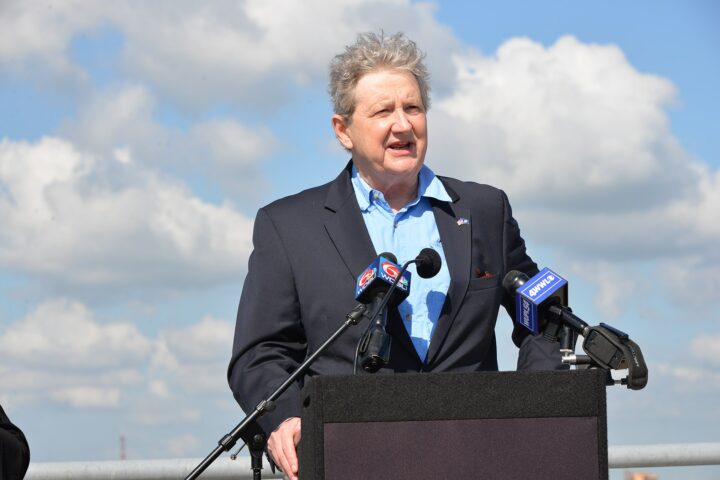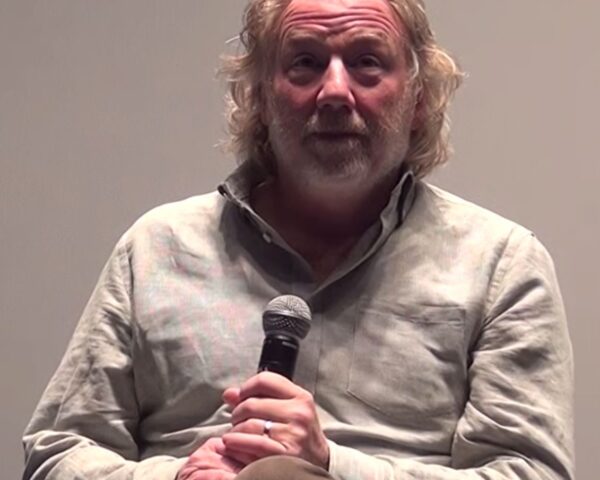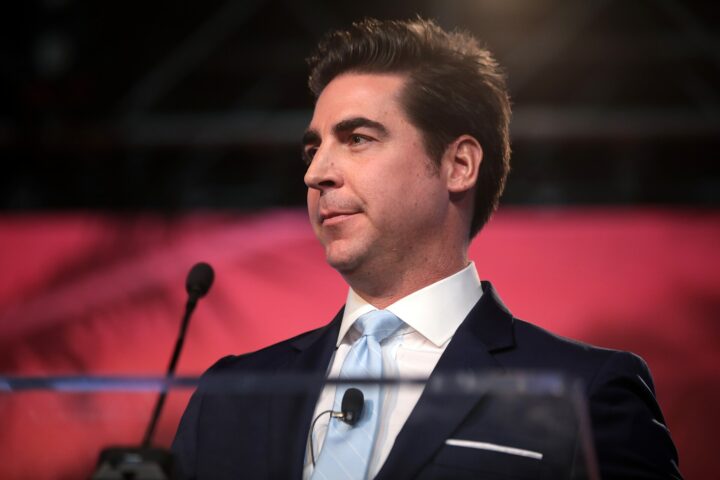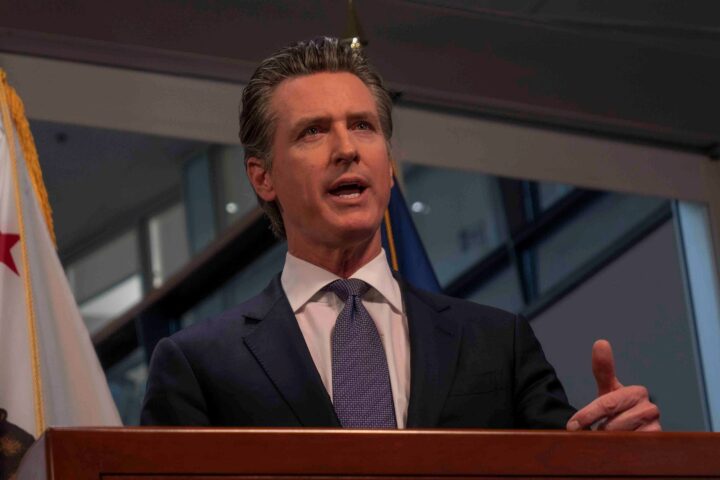In a controversial decision, liberal Arizona Governor Katie Hobbs has reportedly now vetoed a bill designed to ban the promotion of antisemitism in classrooms, arguing that it unfairly targets teachers and undermines the educational system.
The bill, which sought to hold educators personally liable for any lessons perceived as promoting antisemitism, has drawn sharp criticism from various stakeholders, including the Tucson Jewish Museum & Holocaust Center.
During a statement explaining her veto, Hobbs emphasized the importance of protecting teachers from undue liability while addressing antisemitism, which she described as a “scourge on our society.”
She noted that the proposed legislation was not genuinely focused on combating antisemitism but rather constituted an attack on public educators.
“This bill puts an unacceptable level of personal liability in place for our educators and staff, opening them up to threats of costly lawsuits,” she said.
The bill would have allowed students, parents, or school personnel to file complaints against teachers for lessons deemed to create a “hostile educational environment” related to antisemitism.
Consequences for teachers found to be in violation included formal reprimands, suspensions, and potentially the revocation of teaching certifications.
Opponents of the bill, including representatives from the Tucson Jewish Museum, expressed concerns that it would hinder education about the Holocaust and other critical historical events.
They argued that understanding these topics is essential for combating discrimination and fostering a more inclusive educational environment.
In 2024, Hobbs had previously signed legislation expanding the teaching of Holocaust history in Arizona schools, reinforcing her commitment to addressing antisemitism through education rather than punitive measures against educators.
This latest veto reflects her stance that education on sensitive subjects should not come with the threat of legal repercussions for teachers.
While Hobbs’ decision has drawn praise from some quarters, it has also sparked backlash from those who believe stronger measures are necessary to combat rising antisemitism in schools.
Advocates for the bill argue that it was a necessary step to ensure that educators foster a respectful and inclusive environment for all students.
As the debate continues, the veto highlights the complexities of addressing antisemitism within the educational framework.
It raises questions about how best to protect both the rights of teachers and the need for comprehensive education on historical injustices.
Governor Hobbs is expected to face ongoing scrutiny as discussions about the balance between educational integrity and the fight against antisemitism persist within Arizona’s political landscape.
The situation underscores the broader national conversation surrounding how educational institutions navigate sensitive topics in an increasingly polarized environment.
[READ MORE: US Orders Evacuation of Baghdad Embassy, Non Essential Personnel out of Kuwait and Bahrain]

